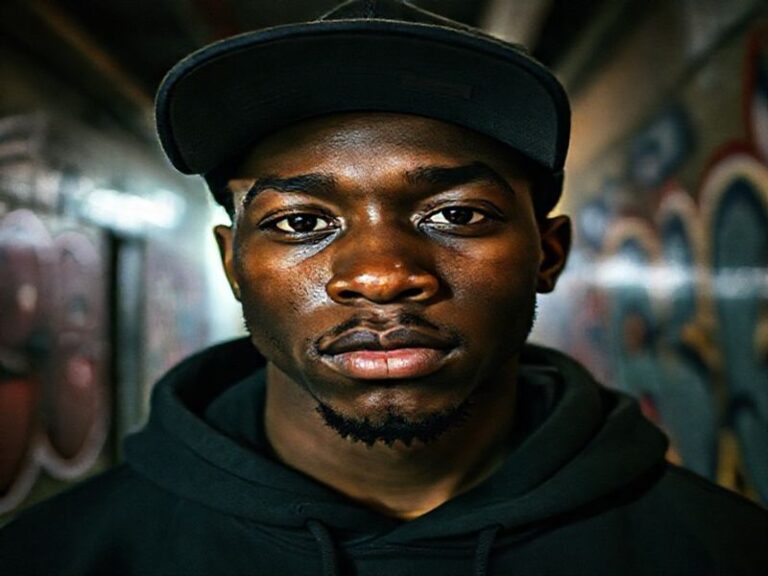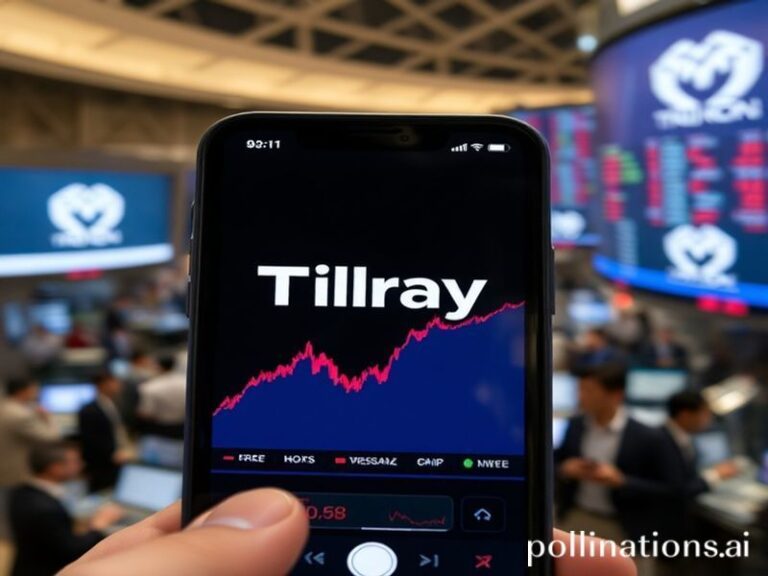Geordie Beamish: How a Kiwi in Tiny Shorts Outran Geopolitics, Greed, and the End of the World
Auckland, New Zealand – Somewhere between the lycra-clad chaos of a global athletics circuit and the slow-motion apocalypse we politely call “the news cycle,” a 27-year-old Kiwi with the improbable name Geordie Beamish just reminded the planet that footraces can still deliver plot twists more satisfying than any streaming-service finale. Last month in Glasgow, Beamish—who sounds like a minor character from Downton Abbey but runs like the rent is due—won the World Athletics Indoor 1500 m title. Cue polite applause from the five people who remember that indoor track exists, and a confused shrug from the rest of humanity doom-scrolling Armageddon updates.
Yet Beamish’s victory is more than a quaint antipodean anecdote. It is a geopolitical parable wrapped in spandex: proof that a dairy-fuelled lad from Taranaki can still elbow his way past East African pace-setters, European shoe-company mercenaries, and the entire American college-industrial complex—using nothing more than oxygen debt and questionable life choices. In an era when superpowers weaponize microchips and fertilizer, it’s almost charming that someone weaponized a finishing kick.
Consider the broader tableau. While the northern hemisphere spent winter stockpiling vaccines, oil futures, and existential dread, Beamish was in Flagstaff, Arizona, altitude 2,100 m, doing repeat 400s in shorts so tiny they could be mailed in a standard envelope. Flagstaff, incidentally, is also where Chinese, Japanese, and Norwegian training camps quietly spy on one another’s lactate readings—an accidental United Nations of shin splints. Beamish floated above the intrigue like a polite ghost, occasionally posting Instagram stories of espresso shots captioned “grind never stops,” apparently unaware the phrase is already trademarked by 12 cryptocurrency exchanges.
The global implications? First, the shoe wars. Beamish runs in New Balance, a company headquartered in Boston yet manufactured wherever labor is cheapest—currently a moral Rubik’s cube rotating between Vietnam and Indonesia. Every spike he wears is therefore a miniature free-trade agreement stitched in sweatshop polyester. Meanwhile, Kenyan athletes sponsored by Nike are reportedly experimenting with prototypes that cost more per ounce than saffron. Beamish’s victory suggests you can still outrun late-stage capitalism in $160 flats, provided your pain tolerance exceeds your student-loan balance.
Second, soft power. New Zealand’s entire foreign policy, if you squint, is exporting things too wholesome to sanction: Sauvignon Blanc, Tolkien, and now Beamish. His win landed on page three of China’s People’s Daily, right between a puff piece on Belt and Road and a warning about “foreign espionage.” Somewhere in Beijing, a propaganda intern was forced to learn how to pronounce “Taranaki” without sounding like a sneeze. That’s cultural diplomacy, folks—cheaper than aircraft carriers and only slightly less aerobic.
Third, the data-industrial complex. Beamish’s race was streamed in 156 territories, each collecting biometric crumbs: heart-rate spikes, stride frequency, even the micro-expression on his face when he realized the finish line was not, in fact, a mirage. Silicon Valley engineers will feed this metadata into an algorithm promising to predict the next champion—probably a 14-year-old Estonian who hasn’t discovered girls yet. By 2028, the algorithm will also predict when he’ll ghost his coach and invest in NFTs. Progress.
Of course, the universe being a mischievous toddler, Beamish’s triumph occurred the same week Silicon Valley Bank imploded, Putin waved another nuclear toy, and TikTok discovered “quiet quitting.” In that context, watching one man run in circles faster than other men run in circles feels both magnificently pointless and subversively hopeful—like lighting a candle during a blackout, then immediately using it to roast a marshmallow.
Which leaves us where, exactly? With the knowledge that somewhere tonight, a kid in Nairobi, Nanjing, or Naples is lacing up hand-me-down trainers, dreaming of outsprinting the world’s despair. Beamish has shown the bar isn’t unattainable; it’s just painful. And pain, unlike semiconductor supply chains, remains evenly distributed.
The planet will keep warming, democracies will keep wobbling, and your phone will still interrupt this article with a push alert about a celebrity divorce. But for 3 minutes and 36 seconds in Glasgow, Geordie Beamish made the globe rotate a little more smoothly on its wobbling axis. That’s not nothing. It might even be enough—until the next news cycle, or the next lap.







